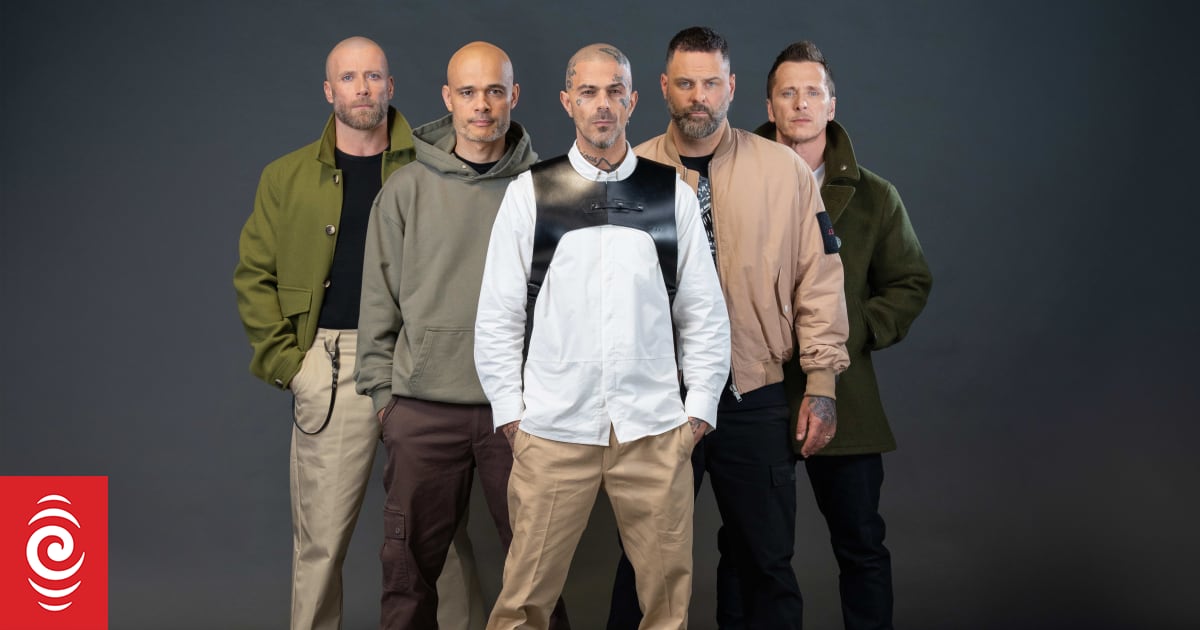Content Director: Not Just a Job Title - It's a Strategic Imperative (Duncan Campbell Explains)

The Evolving Role of the Content Director in a Changing Media Landscape
The radio industry, like many in media, is navigating a period of significant change. Declining listenership, the rise of streaming services, and evolving audience behaviours are just some of the challenges facing stations across Australia. But amidst the disruption, a crucial role is emerging - the Content Director. However, as Duncan Campbell, a seasoned media professional, argues, this role is often misunderstood and undervalued.
Beyond Scheduling: A Strategic Vision
Traditionally, the Content Director's responsibilities have been viewed as primarily focused on scheduling music, managing presenters, and ensuring the smooth running of the station. While these tasks remain important, Campbell believes the role has fundamentally shifted. “The modern Content Director needs to be a strategist, a data analyst, and a brand builder, all rolled into one,” he explains. “It’s about much more than just putting songs on the air; it's about understanding your audience, anticipating their needs, and creating content that resonates with them on a deeper level.”
Data-Driven Decisions and Audience Understanding
Campbell emphasizes the importance of data in informing content decisions. “We live in a data-rich world,” he says. “Content Directors need to be comfortable analysing listener data, social media trends, and competitor activity to identify opportunities and make informed choices. It's no longer enough to rely on gut feeling; we need to back up our decisions with evidence.” This includes understanding demographics, listening habits, and the platforms where audiences are consuming content.
Building a Brand and Creating Experiences
The role also demands a strong understanding of brand building. “Radio stations aren’t just broadcasting music anymore; they’re building communities and creating experiences,” Campbell states. “The Content Director needs to be a champion of the station’s brand, ensuring that all content aligns with its values and personality. This means thinking beyond the on-air product and considering digital platforms, social media, and events.”
Adaptability and Embracing New Technologies
Crucially, Campbell stresses the need for adaptability. “The media landscape is constantly evolving, and Content Directors need to be willing to embrace new technologies and experiment with new formats. Podcasts, streaming, on-demand content – these are all becoming increasingly important parts of the radio ecosystem. Those who are willing to adapt and innovate will be the ones who thrive.”
The Future of Radio – It's in Content
In conclusion, Duncan Campbell’s perspective highlights a critical shift in the role of the Content Director. It’s a role that demands strategic thinking, data analysis, brand building, and a willingness to embrace change. For radio stations to survive and thrive in the modern media landscape, they need to recognise the true value of the Content Director and empower them to lead the way in creating compelling and engaging content. The future of radio isn't just about transmission; it's about the content itself.






